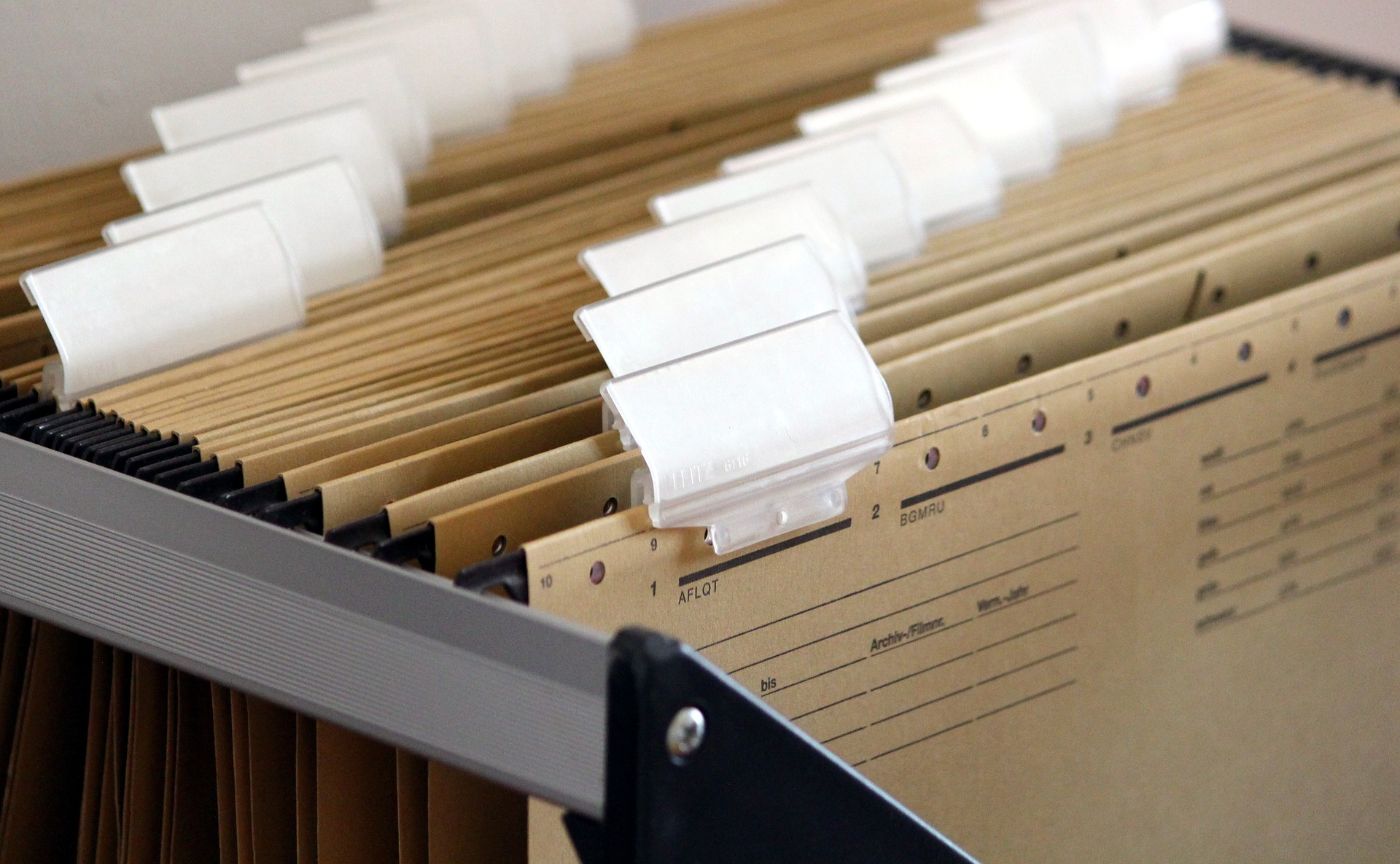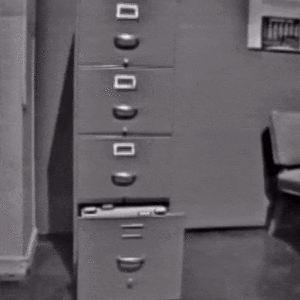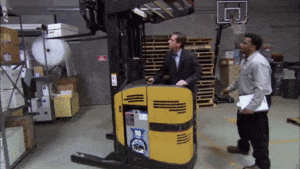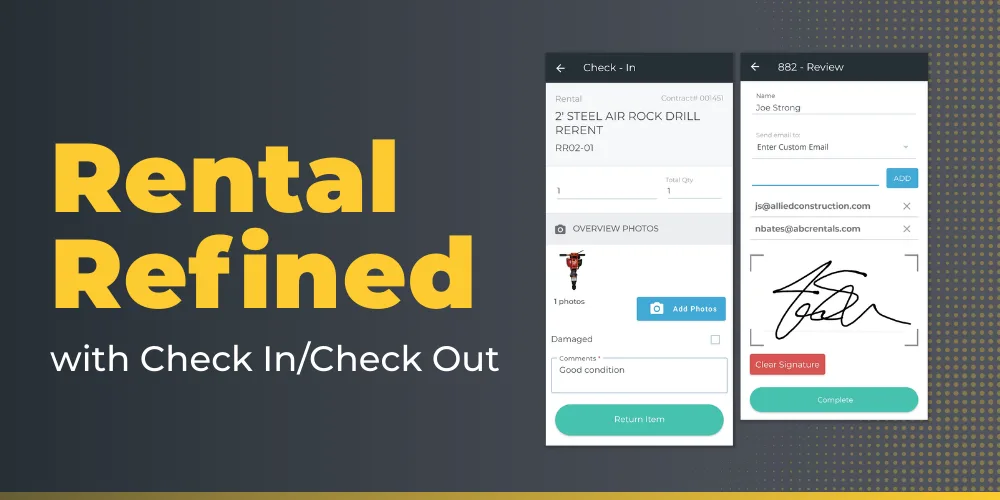1. Late paperwork holds up your ability to invoice the customer
When you have piles of paperwork waiting to be processed, your billing process on each of those jobs is being delayed.
2. Documents get misplaced and lost
Whether it is lost on the road or just gets buried in stacks of paper, physical documents go missing all the time.
3. Storing paperwork takes up too much space
Seriously, have you ever thought about how much space is wasted on filing cabinets. Entire rooms are dedicated to keeping physical records that could be stored in the cloud.
4. Information is poorly communicated
If you have to dispatch a technician to a job without a work order they will likely do the job but come back with little to no record of what they did or the parts they used.
5. Paper records are not easily searchable
Digging through poorly organized filing cabinets looking for a specific contract can sometimes take hours to track it down.
6. Relying on paperwork leads to poor inventory management
If you order parts from a vendor once a week but you don’t know exactly what you need because you’re waiting on paperwork you can end up short on parts you need and with unnecessary overstock.
7. Only being able to assign work properly once a day
Teams working in the field visit the office once or twice a day, making it hard hard to properly assign new work or make adjustments to routes mid day.
8. Hard to read sloppy handwriting
Work orders often come back with vague notes that were scribbled down in a hurry. This takes extra time for administrative staff to decode before they can process it.
9. Wasting money on printing costs
When you have piles of paperwork waiting to be processed, your billing process on each of those jobs is being delayed.













